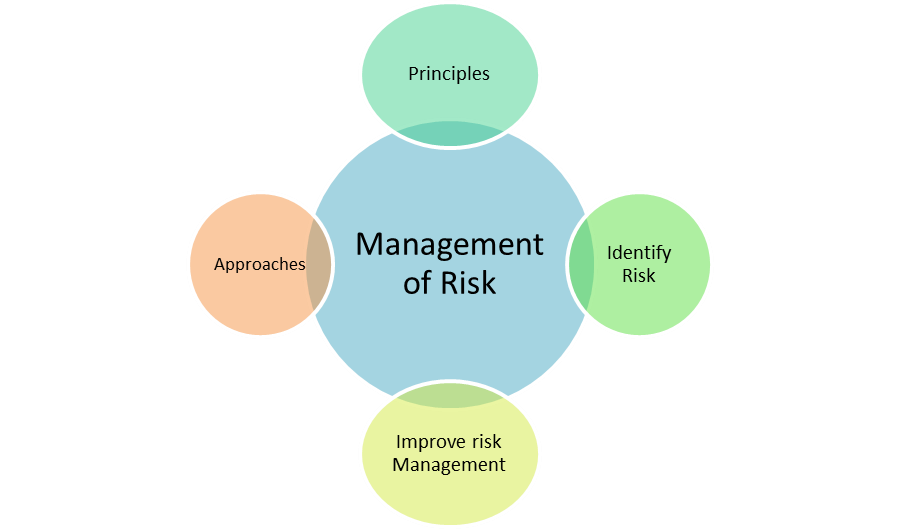Watford is a town located in Hertfordshire, England, located 17 miles to the northwest of central London .
The town developed on the River Colne on land that belonged until the 16th century to St Albans Abbey . During the 12th century a charter was granted allowing a market and building St Mary's Church began. The town grew modestly. It was assisted by travellers passing through to Berkhamsted Castle and the royal palace at Kings Langley. A big house was built at Cassiobury in the 16th century. This was partly rebuilt in the 17th century and another substantial house was built nearby at The Grove. Connections with the Grand Junction Canal and the London and Birmingham Railway allowed the town to grow more rapidly. The paper-making mills, such as John Dickinson and Co. at Croxley, influencing the development of printing in the town which continues today. Two brewers Benskins and Sedgwicks flourished in the suburb until their closure in the late 20th century. Both the 2006 World Golf Championship and the 2013 Bilderberg Conference took place at The Grove.
Watford is first cited in an Anglo-Saxon charter of 1007 as one of the places marking the boundary of "Oxanhaege".
The Industrial revolution
For many centuries, Watford relied on agriculture. The Industrial Revolution brought the Grand Junction in 1798 and the London and Birmingham Railway in 1837. The land-owning interests permitted the canal to follow closely by the river Gade. Although the road and canal follow the easier valley route, the railway company was forced to build an expensive tunnel.
Parks
There are 43 public parks, gardens, recreation grounds and allotments in Watford. Of these, eight have been awarded a Green Flag, in recognition of their quality.
· Cassiobury Park
· Cheslyn House and Gardens
· Woodside Park
Theatres
· Watford Colosseum
· Watford Palace Theatre
· The Pump House
Sports
Watford is home to professional football team Watford F.C., who reached the 1984 FA Cup Final. They won the Nationwide Division Two championship in 1998. In the following season (1998–99) they reached the Premier League. The club was relegated the next season. After five years of uncertainty, Watford won the Football League Championship Play-Off Final. This helped them achieve promotion to the Premier League in 2006, this time beating Leeds United A.F.C. by three goals to nil. The club was relegated to the Football League Championship after a single season (2006–2007) in the Premier League. They were promoted to the Premier League in 2015, after finishing 2nd in the Championship. Singer-songwriter Sir Elton John is a keen, long-term supporter of Watford F.C. and a former club chairman. He still maintains his links with Watford as Honorary Life President. Between 1997 and 2013 the club shared its ground, Vicarage Road, with Saracens Rugby Football Club.
Watford has a Non-League football team Sun Sports F.C. who play at The Sun Postal Sports & Social Club. Watford were home to the Watford Cheetahs American Football team. The team played their home games at Fullerians R.F.C. between 2008 and 2012. Glen Rovers, are another team who play both Hurling and Gaelic Football in Watford. The town also has a cricket team, Watford Town, and several Sunday League football clubs.

 ENQUIRE
ENQUIRE
 REQUEST CALLBACK
REQUEST CALLBACK
 GET A FREE QUOTE
GET A FREE QUOTE


 Introduction
Introduction Course Details
Course Details Course Content
Course Content






 London
London